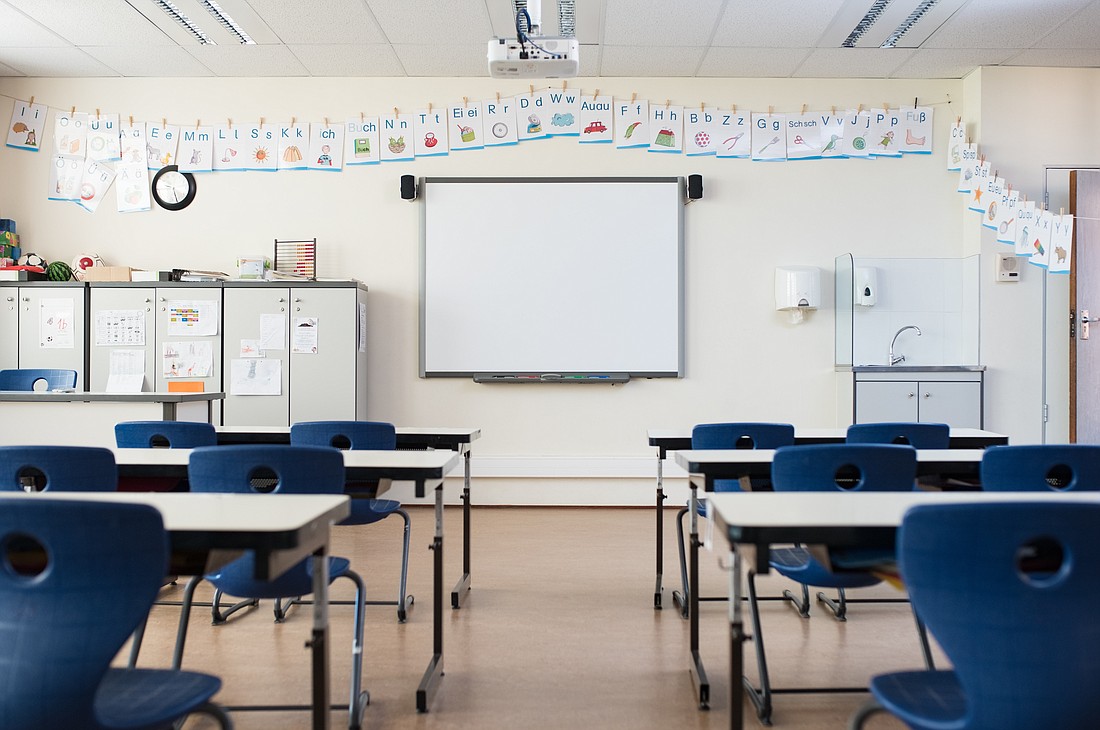- December 20, 2024
-
-
Loading

Loading

Florida House analysts estimate that a proposal to make all students eligible for taxpayer-funded vouchers would cost $209.6 million next year, while critics say that dramatically underestimates potential costs.
The House PreK-12 Appropriations Subcommittee on Thursday approved a revamped version of the measure (HB 1), which includes a massive expansion of eligibility for vouchers. It would allow any student who is a “resident of this state and is eligible to enroll in kindergarten through grade 12 in a public school” to qualify.
The bill also seeks to allow families to use vouchers for a range of purchases including tuition and fees for tutoring services and fees for various exams. It would establish what are known as education savings accounts in Florida, which also could be used by families of home-schooled students.
Questions about the potential costs have swirled as the bill sailed through House panels ahead of the March 7 start of the annual legislative session.
Citing a House staff analysis, bill sponsor Kaylee Tuck, R-Lake Placid, said Thursday that one component of the estimated $209.6 million cost took into account the roughly 300,000 students who attend private schools that participate in state voucher programs.
Tuck said “approximately 50 percent of these students were funded by” voucher programs in the 2021-2022 school year..
“Why did we only consider private schools? Because any current public school student who may elect a choice scholarship due to the expanded eligibility is already funded in the FEFP,” Tuck said, referring to the Florida Education Finance Program, the main pot of money for public schools.
“Therefore, switching over to be a scholarship (recipient) has no fiscal impact,” Tuck said.
But the House’s cost estimate is far lower than a projection released by the Florida Policy Institute, a nonprofit group that opposes the voucher expansion. The group published a report this month that said the bill could cost the state about $4 billion in the initial year and pointed to issues such as the potential elimination of current family-income caps to receive vouchers.
The report cited factors such as vouchers for “current public school students once the family income cap is lifted,” and vouchers that would go to “current private school students newly eligible for vouchers.”
Norin Dollard, who works with the Florida Policy Institute, told the House panel that she “stands by this estimate.”
Changes to the bill approved Thursday included doubling the number of home-schooled students who could receive vouchers.
The revamped measure would allow 20,000 home-schooled students to receive vouchers next school year. That number would grow by 40,000 students in each subsequent school year until July 2027.
An earlier version of the proposal would have allowed 10,000 home-schooled students to participate in the first year, and would have increased that number by 20,000 in each subsequent year.
The House measure will need approval from the Education & Employment Committee before it can go to the full House after the start of the session. House Speaker Paul Renner, R-Palm Coast, has made the issue one of his priorities.
A similar Senate bill (SB 202) got initial approval from the Education PreK-12 Committee this week.